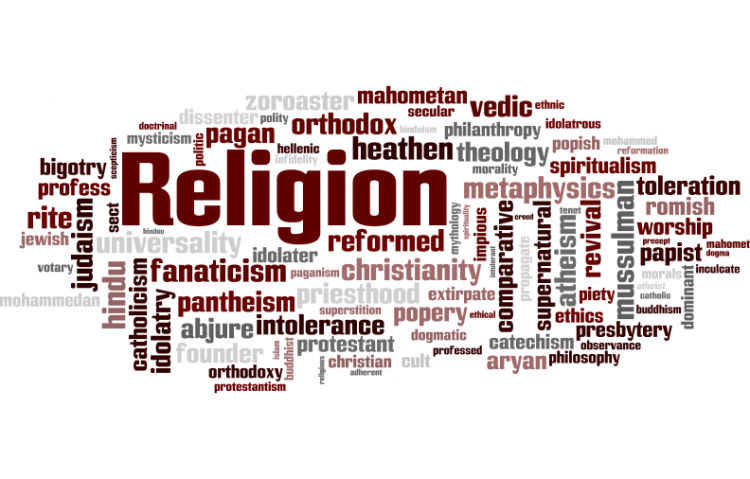Brunei should stop collecting revenues from businesses which have items forbidden in Islam

- Target:
- Relevant authorities
- Region:
- Brunei
‘Melayu Islam Beraja’ is the philosophy of Negara Brunei Darussalam, a small and humble oil-rich nation located in the Southeast Asia region, which had been practicing the Islamic code of conduct since it officially became a Muslim nation in the 14th century but only recently the modern government keens to fully enforce the Sharia Law due to its declining economy with the intention of countering the low oil prices to sustain its economy as Brunei is 90% dependent on crude oil and LNG as its main exports.
Governed by a constitutional monarchy since the late 1950s the Bruneian people are living freely from any foreign authority, fully respect the Sultan as their leader and decided to keep matters internally within themselves without interfering any foreign-related issues. After decades of keeping the country discreet this incrementally heightens the level of conservativeness among the people as they tend to opt-out the views from the outside world without realising the implementation of the law strongly impacts the ruler's businesses and property investments outside of the country which are strongly believed to form part of the backbone of Brunei’s economy since it has no other economic diversification plan other than oil and gas despite having the 10th National Development Plan (NDP) a couple of years back.
As a member of the United Nation, Brunei also needs to exercise some human rights obligation as stated in the Universal Declaration of Human Rights by considering the fact that the customers of these business properties owned by the Sultan aren’t even 1% Bruneians and they have a totally different opinion of certain cultures and religions that the Bruneian people have yet to understand as Brunei doesn’t practice human rights or even educate its people about it. With this in mind it can be said that 95% of Bruneians have no idea what are the basic human rights apart from the one being practiced in accordance with the Islamic doctrines and prophetic hadiths.
It also has been known that these properties are running the sales of items forbidden in Islam and should the revenues being collected from these assets are regularly used to fuel the country’s economy wouldn’t it be against the religion’s law to generate income from the use of forbidden items and systems despite the fact that they’re being accepted elsewhere in the world? What does ‘Islam’ in ‘Melayu Islam Beraja’ actually mean? What will happen to the economy if the right authority halts the use of revenues from those properties to support the country’s income?
...
You can further help this campaign by sponsoring it